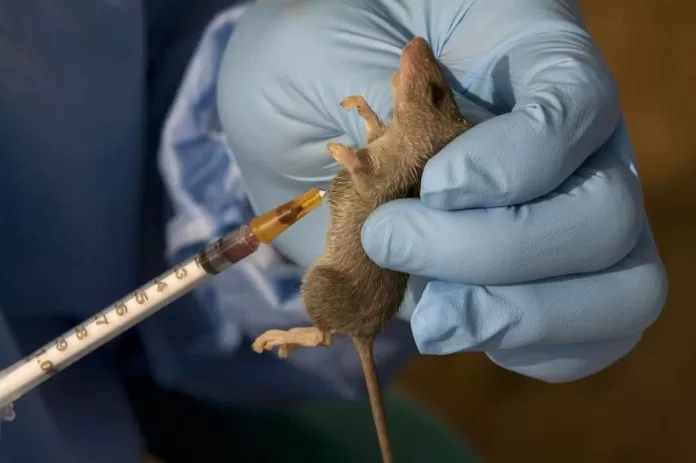Nigeria Centre for Disease Control (NCDC) has raised the alarm over increasing Lassa fever cases and deaths in the last four weeks, highlighting the severity.
The centre said it recorded 9,492 suspected cases and 1,154 confirmed cases with 190 deaths across the country in 2024. Six states, including Ondo 29.7 per cent; Edo 22.7 per cent; Bauchi, 17.9 per cent; Taraba, 8.8 per cent; Benue 5.6 per cent; and Ebonyi, four per cent to make up 89 per cent of confirmed cases, while 10 local councils, Owo, Etsako West, Esan West, Kirfi, Ardo-Kola, Toro, Ose, Akure South, Jalingo and Idah, accounted for almost 59 per cent of the confirmed cases.
Director General of NCDC, Dr Jide Idris, who disclosed this, yesterday, in Abuja, mentioned that the agency had noted a rise in the number of suspected cases.
Lassa fever, a viral haemorrhagic illness transmitted primarily through rodents, remains endemic in Nigeria, with peak transmission typically occurring from October to May.
Detailing the outbreak’s severity and the agency’s ongoing response measures, the DG noted that the case fatality rate for Lassa fever has exceeded 13 per cent. Compared to the same period in 2023, there has been a rise in suspected cases, attributed to enhanced surveillance and reporting, he said.
He stated that most cases had continued to emerge from endemic areas, like Bauchi, Ondo, Edo, Taraba Ebonyi and Enugu states, underscoring the need for targeted interventions in the states.

Idris noted that the trends required a coordinated effort to strengthen response, protect vulnerable populations and reduce the number of cases and deaths.
In response to the outbreak, Dr Idirs said that the NCDC had activated an Emergency Operations Centre (EOC) at Response Level 2, ensuring coordinated efforts using a One Health approach.
He explained that Lassa fever remained endemic in Nigeria, posing a significant public health risk across all states, adding that the disease occurred throughout the year, with peak transmission typically recorded between October and May.
He said the key measures included distribution of medical supplies, infection prevention materials, and diagnostic tools across the nation.
READ ALSO: WhatsApp to stop support for older Android devices from January 1, 2025
Expansion of Lassa fever testing laboratories, conducting rodent control campaigns in high-burden state, intensifying public health messaging on prevention and early reporting, collaboration with state health commissioners and international partners.
“The NCDC remains committed to safeguarding public health through proactive measures and targeted interventions,” Dr. Idris stated.
The DG urged the public to adopt preventive measures, including maintaining clean environments, safely storing food, especially their homes, markets, dump sites to reduce breeding grounds for rats, block all holes in their house to prevent the entry of rats and other rodents and cover their dustbins and dispose of refuse or waste properly.
Early symptoms such as fever, headache, and vomiting should prompt immediate medical attention to improve survival rates,” he added.
He also urged healthcare workers to practice strict infection prevention protocols, including the use of personal protective equipment and prompt reporting of suspected cases to local authorities.

